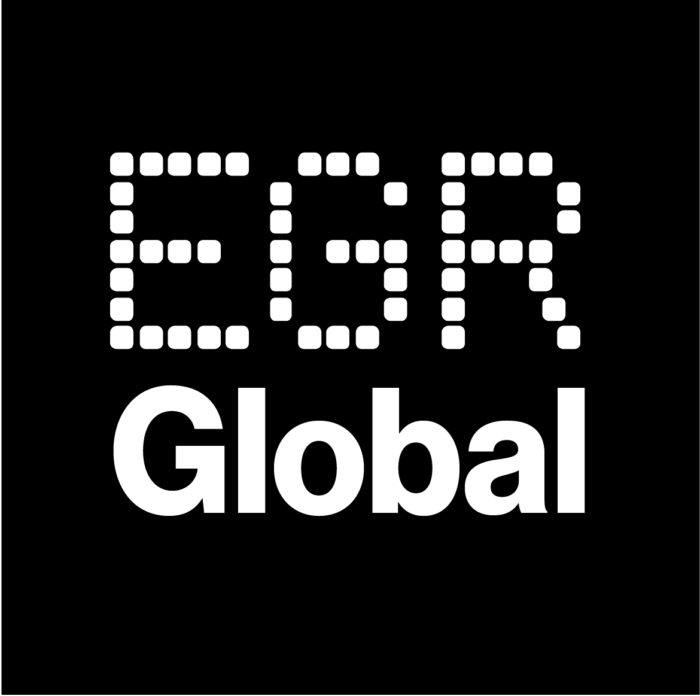
Industry predictions for 2024: Customer retention to be vital as bonuses face an uncertain future
Oddschecker CEO Stuart Simms and his opposite number at fellow affiliate QiH Group, Jamie Walters, look into their crystal balls and tea leaves for what could be coming up in 2024

19/12/2023
Want access?
Subscribe today
Want to keep accessing great content like this? Click the button below to complete our membership form or email support@egr.global, and our team will reach out to schedule a demo.